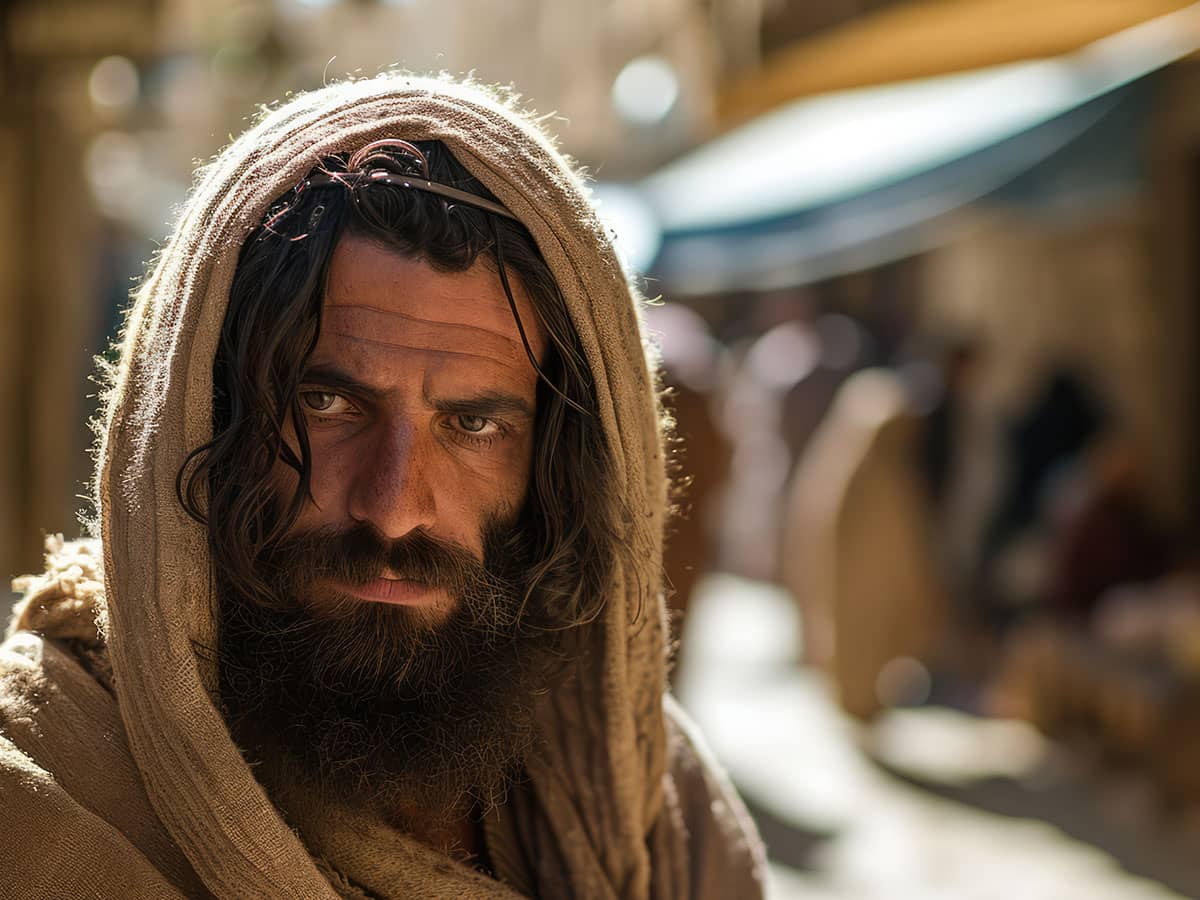
The wind of change is blowing, and it’s howling through the thousands of abandoned church steeples across the U.S. On the surface, the decline of faith doesn’t bode well for organized religion, particularly the largest of them all: Christianity. But go a little deeper, and you’ll find that what looks like the end of faith is, in fact, the beginnings of its phoenix-like rise from the ashes.
The face of faith is changing. The question, though, is this: are you ready for something even better?
A rising sense of secularism roared across Europe after World War II. At the most fundamental level, the horrors of the war broke the faith of millions, who now questioned where, exactly, God was during the Holocaust.
It wasn’t until the 1990s, however, that this wave of secularism began to eat through America’s optimism, making the greatest impact on younger generations. The category of Americans who say their faith is “none” has risen swiftly, overtaking the numbers of both Catholics and mainline Protestants, according to the Pew Research Center. Those who place their faith in no religion are second, in size, only to evangelical Protestants.
These “nones” are concentrated in the Millennial generation, 36 percent of whom are religiously unaffiliated. That number rises notably each year.
The picture this paints is grim. The director of the Billy Graham Center at Wheaton College writes, in the Washington Post, that mainline Protestants have “just 23 Easters left” if this trend continues.
But something is happening that numbers simply cannot show. To find out what that is, we have to follow a trail of clues, beginning with the reasons why young people are leaving organized religion.
The Pew Research Center lists common examples of these reasons. Some of the more telling are “Too many Christians doing un-Christian things,” I’m doing a lot more learning, studying, and kind of making decisions myself rather than listening to someone else,” and “Because I think religion is not a religion anymore. It’s a business…it’s all about money.”
Can you see the common thread that winds its way through these reasons? That’s right—people are leaving organized religion, not necessarily faith in a supernatural God. There’s a big difference.
If faith is the belief that there is something beyond the observable world, then organized religion is the manmade structure people build around that faith. This is the everyday business of how a religious organization is run, or the traditions and doctrine and iconography we use to express faith.
The organized religion of Christianity has been becoming more and more bloated and corrupt for centuries, to the point where large sections of the contemporary church would unrecognizable to its founder. Truth no longer belongs solely to scripture, but has become any statement which strengthens Church authority, wealth, and power.
And so is it any wonder that Millennials, marked more than anything by a dogged quest for authenticity and a desire to better the world, reject this manmade framework?
Our next clue lies not in what Millennials are rejecting, but what they’re embracing. Again, according to the Pew Research Center, while this group is becoming less religious, they’re simultaneously becoming more spiritual. They’re feeling a “deep sense of spiritual peace and well-being, as well as a deep sense of wonder about the universe.”
That sense of wonder is the seed of faith, and an intrinsic part of human nature. It is telling that, according to Pew, many young Americans still believe in heaven and hell, and show willingness to share their faith with others, despite a distaste for religion.
And so this is the changing face of faith: we are moving away from the traditional institution of organized religion, and toward faith unfettered.
This is a good thing.
Author Brian D. McLaren keeps a finger on this movement in his book, “The Great Spiritual Migration,” where he talks about Christianity’s potential to transform the world. He writes that, rather than holding to the traditional, inward-facing model of organized religion, young people want “organizing religion—that is, religion organizing for the common good.”
Millennials don’t want fancy services and tall steeples; they want outreach programs and charity services. They don’t want to exclude, but to include. They want a life defined not by doctrine, but by love—love for other people, and for the environment.
They want to be as relational with the outside world as they are with God.
Interestingly, this makes them more like Jesus, the founder of Christianity, than less so. Jesus’s teachings were spiritual without being religious, and were a way of seeing the world rather being than a rigid set of doctrines.
In fact, Jesus was openly critical of the religious leaders of his time, saying that “They pile heavy burdens on people’s shoulders and won’t lift a finger to help. Everything they do is just to show off in front of others. They even make a big show of wearing Scripture verses on their foreheads and arms, and they wear big tassels for everyone to see. They love the best seats at banquets and the front seats in the meeting places. And when they are in the market, they like to have people greet them as their teachers.”
Sound familiar? That’s organized religion.
He goes on, telling these religious leaders that “You Pharisees and teachers are in for trouble! You’re nothing but show-offs. You’re like tombs that have been whitewashed. On the outside they are beautiful, but inside they are full of bones and filth. That’s what you are like. Outside you look good, but inside you are evil and only pretend to be good.”
The complaints of Jesus are starting to sound a lot like those of young, contemporary Americans, aren’t they?
Your faith creates your worldview, and your worldview affects every choice you make over the course of your life. For most people, organized religion affects only what they do on Sunday.
And so, with that in mind, consider one final question: who has the greater potential to change the world for the better—those who are flocking to faith, or those who are clinging to religion?
For millions of young Americans, the answer is obvious.

